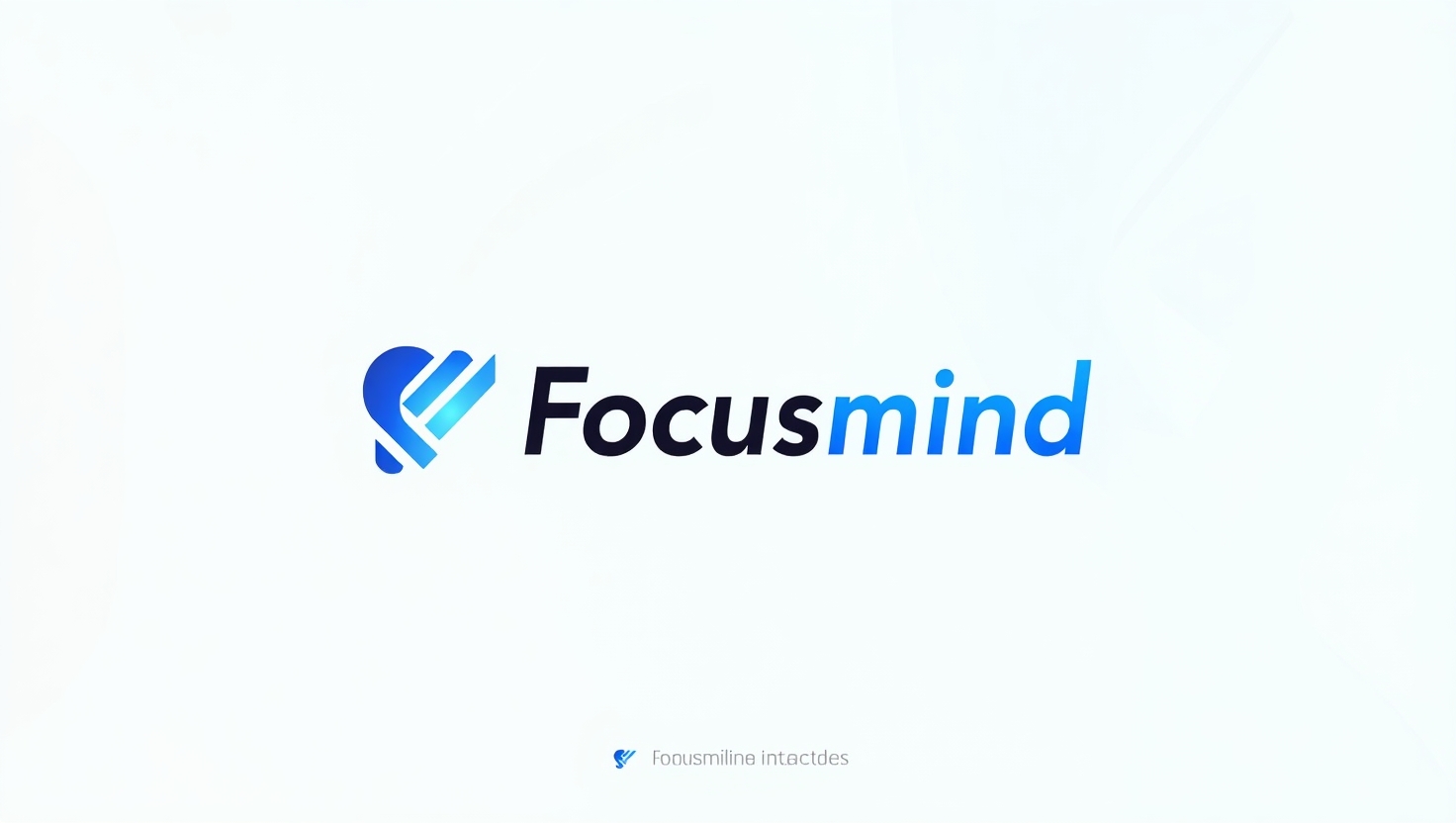Now Reading: 7 Mindfulness Hacks Every Student Needs for Laser-Sharp Focus!
-
01
7 Mindfulness Hacks Every Student Needs for Laser-Sharp Focus!
7 Mindfulness Hacks Every Student Needs for Laser-Sharp Focus!
7 Proven Mindfulness Tips to Boost Student Focus and Productivity
In today’s fast-paced world, students face a myriad of distractions and pressures. Balancing academic demands with personal responsibilities can be overwhelming. However, mindfulness offers a simple yet effective solution to improve focus, reduce stress, and enhance productivity. Let’s dive into seven practical mindfulness strategies to help students excel in their studies and daily lives.
1. Deep Breathing: A Simple Focus Booster
Deep breathing is a quick and effective way to calm your mind. Here’s how you can do it:
- Sit comfortably and close your eyes.
- Inhale deeply through your nose, hold your breath for a few seconds, and exhale slowly through your mouth.
- Repeat this for a minute before starting your studies or a test.
Research from Harvard Medical School highlights that deep breathing activates the parasympathetic nervous system, reducing stress and improving concentration.
2. Set Clear, Achievable Goals
Without clear goals, it’s easy to feel lost and overwhelmed. Before starting your study session:
- Identify a specific chapter, topic, or assignment to focus on.
- Break larger tasks into smaller, manageable chunks.
A study published in the Journal of Educational Psychology found that students who set specific, achievable goals experienced a 20% increase in task completion rates compared to those without clear objectives.

3. Take Regular, Thoughtful Breaks
Continuous studying can lead to burnout and decreased focus. Incorporate short breaks into your schedule:
- Step away every 25-30 minutes.
- Engage in relaxing activities like stretching, walking, or simply sitting quietly.
According to a report from the University of Illinois, brief mental breaks can help restore focus and improve productivity, particularly during long study sessions.
4. Minimize Distractions for Maximum Productivity
A distraction-free environment is essential for deep focus. Tips to create one include:
- Turn off your phone or switch it to airplane mode.
- Use apps or browser extensions to block social media during study hours.
- Find a quiet, clutter-free space to work.
The Journal of Experimental Psychology reveals that minimizing distractions can improve task performance by up to 30%, underscoring the importance of a focused environment.
5. Master Time Management with the Pomodoro Technique
The Pomodoro Technique is a powerful time-management tool:
- Work in 25-minute intervals, known as “Pomodoros.”
- Take a 5-minute break after each session.
- After four Pomodoros, enjoy a longer 15-20 minute break.
Research from the National Center for Biotechnology Information (NCBI) shows that structured time management strategies like the Pomodoro Technique can significantly enhance productivity and reduce procrastination.
6. Practice Body Scanning for Relaxation
Body scanning helps you identify and release tension:
- Sit comfortably and close your eyes.
- Focus on each part of your body, starting from your toes and moving upward to your head.
A study by the American Psychological Association indicates that mindfulness exercises, including body scanning, can decrease stress levels and improve cognitive performance.
7. Foster Gratitude for a Positive Mindset
A grateful heart fosters a focused mind. Spend a minute each day reflecting on things you’re thankful for:
- Your education, supportive friends, or even small daily achievements.
The Greater Good Science Center at UC Berkeley reports that practicing gratitude can enhance psychological well-being and increase resilience to stress.
Why Mindfulness Matters for Students
By incorporating these mindfulness practices into your daily routine, you can:
- Enhance your concentration.
- Manage stress more effectively.
- Maximize your productivity during study sessions.
These habits not only improve academic performance but also promote overall well-being.
FAQs About Mindfulness for Students
1. How long does it take to see results from mindfulness practices? Results vary, but many students notice improved focus and reduced stress within a week of consistent practice.
2. Can mindfulness help with exam anxiety? Absolutely! Techniques like deep breathing and body scanning are particularly effective for calming pre-exam nerves.
3. Is the Pomodoro Technique suitable for everyone? Yes, but it can be customized. If 25-minute intervals don’t work for you, try longer or shorter sessions.
4. How can I stay consistent with mindfulness? Start small. Dedicate just 5 minutes daily and gradually increase the time as it becomes a habit.
5. Where can I find more resources for mindfulness and student opportunities? Visit itsstudent.com, a platform offering valuable insights into scholarships, internships, and student news.
Take the Next Step with ItsStudent.com
For more tips, resources, and opportunities tailored for students, check out ItsStudent.com. From scholarships to internships, it’s your ultimate social media platform for achieving academic and career success. Don’t miss out—start exploring today!
Stay Informed With the Latest & Most Important News
Previous Post
Next Post
-
 01Top Tips to Stay Motivated and Avoid Burnout While Working Remotely
01Top Tips to Stay Motivated and Avoid Burnout While Working Remotely -
 02How to Pose People Who Are Not Models for Natural and Authentic Portraits
02How to Pose People Who Are Not Models for Natural and Authentic Portraits -
 03New Study Reveals Simple Lifestyle Changes Linked to Longer Life
03New Study Reveals Simple Lifestyle Changes Linked to Longer Life -
 04Foods Recommended by Doctors to Boost Your Immune System Naturally
04Foods Recommended by Doctors to Boost Your Immune System Naturally -
 05Smartphone Hacks Everyone Needs to Know to Extend Battery Life
05Smartphone Hacks Everyone Needs to Know to Extend Battery Life -
 06Travel Experts Predict Top Destinations to Shape 2024 Tourism
06Travel Experts Predict Top Destinations to Shape 2024 Tourism -
 07Global Markets Rebound as Inflation Worries Ease for Investors
07Global Markets Rebound as Inflation Worries Ease for Investors


















